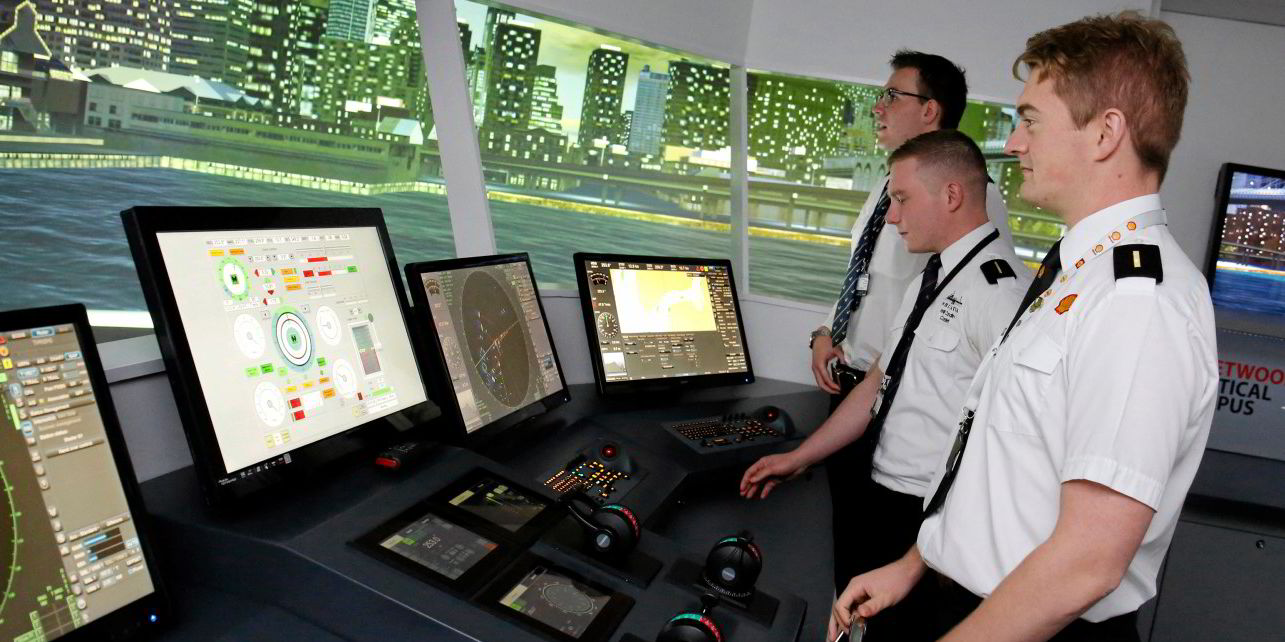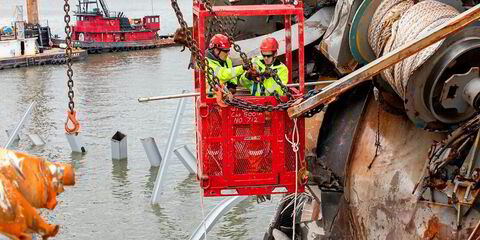The UK has announced a revamp of its cadet training syllabus and wants the International Maritime Organization to use it to lead change on a global scale.
A year-long review of the training for deck, engineering and electro-technical disciplines was undertaken in 2022 by the Cadet Training & Modernisation Programme, part of the Maritime & Coastguard Agency (MCA).
The agency said it is the first major overhaul of the syllabus in years and the first time a regulator has teamed up with industry to shape training requirements.
The review was undertaken with the industry, serving officers and training establishments. It is set to be handed over to the UK’s academies this week, and they will use the new syllabus from September 2025.
MCA chief examiner Ajit Jacob said: “No other maritime nation has performed a review like this in conjunction with industry, and what we have produced is a new collaborative model that delivers the training requirements of every sector within the industry.
“We will present it to the IMO next year, as we are proud of what we have produced and know that other nations will benefit from this too. Well-educated and well-prepared seafarers benefit everyone, and we are happy to share our knowledge globally”.
In 2022, the IMO announced the start of a comprehensive review of the 1978 International Convention on Standards of Training, Certification & Watchkeeping for Seafarers (STCW).
This is the IMO convention governing the content and standards that member states must implement in their training requirements and subsequent certifications.
STCW has undergone some small amendments over the years, including the STCW Code in 1995 and the Manila Amendments in 2010.
An agreement was made to review the convention regularly and a review was formally launched in 2022, recognising the changing shape of shipping and the influx of new technologies, regulations and practices on board vessels.
The IMO review is also likely to address new modes of training, such as remote learning and electronic certification.(Copyright)



